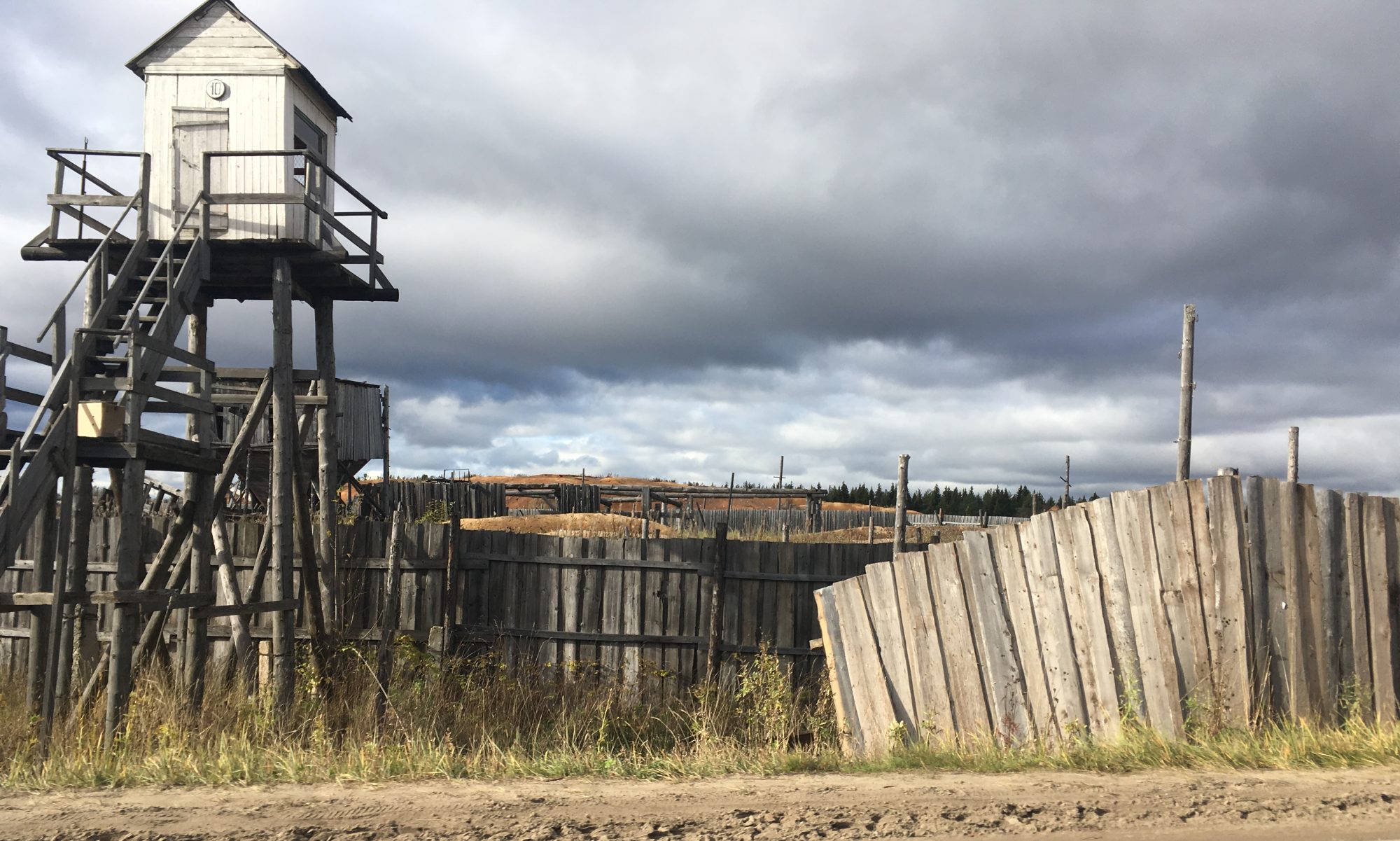BY DR. RUSTAMJON URINBOYEV
In a new blog post on prisons during the pandemic, Dr. Rustamjon Urinboyev turns to the experiences of Muslim prisoners in contemporary Russia. Drawing on his extensive fieldwork among migrants from Uzbekistan who have served prison sentences in the Russian Federation, he analyses the everyday practices of these transnational prisoners and their prison communities, and explains how these practices have changed since the onset of coronavirus-related lockdowns.
Continue reading “Muslim prisoners in Russia during the COVID-19 pandemic”
